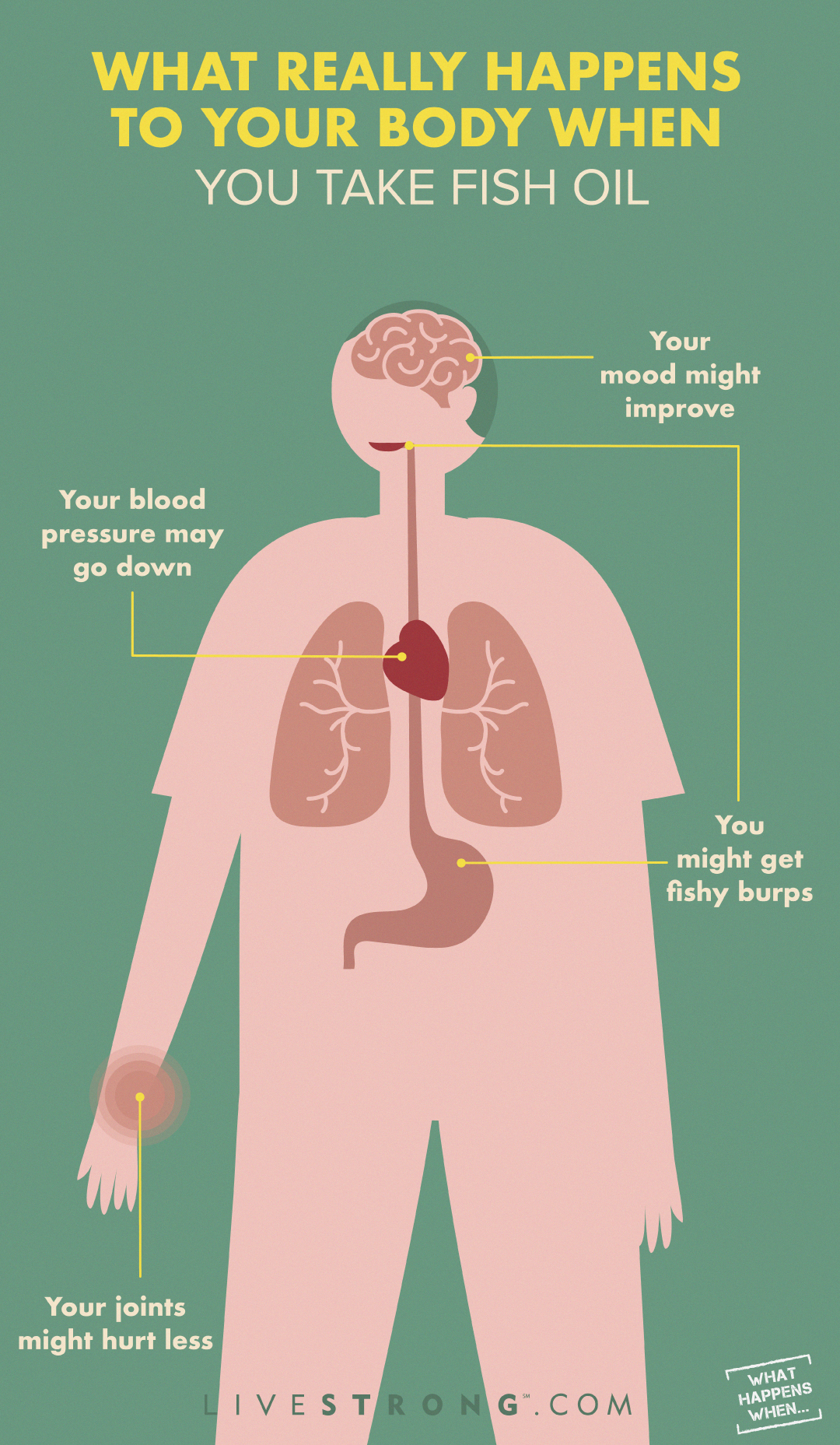The exact time it takes for fish oil to completely leave the system can vary depending on several factors, including the individual’s metabolism, dosage, duration of use, and overall health. In general, fish oil has a half-life of approximately 48 to 72 hours, which means it takes that amount of time for the concentration of fish oil in the blood to decrease by half. Therefore, it can take approximately 10 to 14 days for fish oil to be completely eliminated from the system. However, it’s important to note that the beneficial effects of fish oil on the body can persist for longer periods of time. If you have concerns about the use of fish oil or its effects on your body, it’s always best to consult with a healthcare professional.
Know More About: how long does it take to get fish oil out of your system
Fish oil, an omega-3 fatty acid supplement derived from the tissues of oily fish, has gained significant popularity in recent years due to its numerous health benefits. However, just as with any supplement, it is crucial to understand how long it takes for fish oil to be eliminated from the system. In this article, we will explore this topic in detail, shedding light on the factors that influence the duration.
To comprehend the elimination process, it is essential to first understand how fish oil is absorbed and utilized by the body. Once consumed, the active components of fish oil, eicosapentaenoic acid (EPA) and docosahexaenoic acid (DHA), are broken down in the stomach and intestines before being absorbed into the bloodstream. From there, these beneficial fatty acids are readily incorporated into various bodily tissues and organs.
The rate at which fish oil is eliminated from the body primarily depends on its half-life, which is the time required for the concentration of the substance to decrease by half. While the exact half-life of fish oil in humans may vary, research suggests it ranges from three to five days. This means that after five days, approximately 50% of the initially consumed fish oil will have been metabolized and excreted from the body, with the remaining amount gradually decreasing over time.
Several factors can influence how quickly fish oil is removed from the body. Firstly, the dosage of fish oil consumed plays a significant role. Higher doses of fish oil can result in increased levels of circulating EPA and DHA, leading to a longer elimination time. On the other hand, lower doses may be eliminated more quickly.
Furthermore, an individual’s metabolic rate impacts the rate at which fish oil is eliminated. People with faster metabolisms generally process and eliminate substances from their bodies more rapidly than those with slower metabolisms. Additionally, age can also affect the elimination rate, as the efficiency of various bodily processes, including metabolism, tend to decline with advancing age.
Another critical factor is the presence of other medications or supplements being taken simultaneously. Certain medications may interact with fish oil, potentially altering its elimination rate. It is always advisable to consult a healthcare professional when combining different medications or supplements to avoid any potential adverse effects.
Moreover, the overall health of an individual can influence how rapidly fish oil is cleared from the system. Individuals with impaired liver or kidney function may experience a longer elimination time due to their decreased ability to metabolize and excrete substances.
It is worth noting that fish oil does not necessarily need to be completely eliminated from the body to cease its effects. Generally, when an individual stops taking fish oil supplements, the concentration of EPA and DHA in the bloodstream gradually decreases over time. Within a few weeks, the levels return to pre-supplementation levels, and the benefits associated with the fish oil intake may gradually diminish.
In conclusion, the length of time required to eliminate fish oil from the body primarily depends on various factors, including dosage, metabolic rate, age, and overall health. While the average half-life ranges from three to five days, it is essential to consider other individual factors that may affect elimination. Remember, as with any dietary supplement, it is advisable to consult with a healthcare professional, especially when combining fish oil with other medications or supplements, to ensure optimal health and well-being.
FAQs on how long does it take to get fish oil out of your system
1. How long does it take for fish oil to leave your system?
It typically takes about 48-72 hours for fish oil to be fully metabolized and eliminated from your body.
2. Can fish oil accumulate in your system over time?
No, fish oil does not accumulate in your system over time. It is metabolized and eliminated from your body within a few days.
3. Are there factors that may affect the elimination time of fish oil?
Yes, factors such as individual metabolism, dosage, and frequency of consumption may affect the elimination time of fish oil.
4. Can I speed up the process of eliminating fish oil from my system?
There is no known method to significantly speed up the elimination process, as it is mainly a natural bodily function.
5. What happens if I consume too much fish oil?
Consuming excessive amounts of fish oil may lead to side effects such as nausea, diarrhea, or increased bleeding. It is always recommended to follow the recommended dosage.
6. Does fish oil stay longer in the system if taken in higher doses?
While higher doses may increase the time it takes for fish oil to be eliminated, the difference is usually not significant. Following the recommended dosage is still advisable.
7. How can I minimize the time it takes to get fish oil out of my system?
Ensuring you take the recommended dosage and spacing out the intake of fish oil capsules throughout the day can help in minimizing the time it takes for elimination.
8. Can fish oil interact with certain medications, affecting its elimination time?
Yes, some medications may interact with fish oil and potentially affect its elimination time. It’s important to consult with a healthcare professional if you are on any medications.
9. Are there any foods or drinks that can help flush out fish oil faster?
While no specific foods or drinks are known to speed up the elimination process, maintaining a healthy and balanced diet can support general bodily functions.
10. Is it necessary to stop taking fish oil before a medical procedure or surgery?
It is generally recommended to inform your healthcare provider about any supplements you are taking, including fish oil, prior to a medical procedure or surgery. They may advise you on whether to temporarily discontinue its use.

